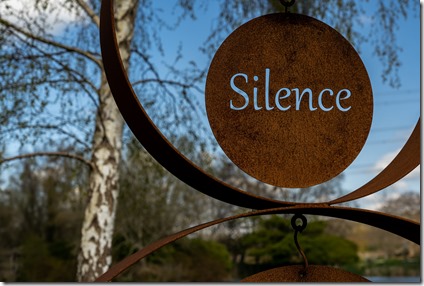I suppose there are some recommendations that you don’t want.
“He trained me in fielding ground balls.” –Bill Buckner
“Taught us everything we know about singing.” –Milli Vanilli
“He’s financially creative. I’ve learned much from him.” –Charles Ponzi
“His views on group dynamics and leadership are top shelf. I’m a disciple.” –Charles Manson
“I’ve used him for my taxes for over a decade now.” –Al Capone
11 And whenever the unclean spirits saw him, they fell down before him and cried out, “You are the Son of God.” 12 And he strictly ordered them not to make him known.
It’s pretty obvious why Jesus didn’t want demons to be leading the charge on his public relations. It wouldn’t be long after that the religious leaders were charging Jesus with driving out demons by the power of demons. As non-sensical as that sounds, it’d have been an easier sell if the demons were the ones telling people that Jesus was the Son of God.
But there is something else happening here in Mark. It’s not only demons who are silenced, but in Mark 8, we’ll see the apostle Peter charged with not telling anyone that Jesus is the Son of God. It won’t be until his crucifixion that this declaration is made. Why?
Because a premature expression of Jesus’ identity would have led to much confusion. If people were going to wildly misunderstand what it meant for him to be Messiah, or Son of God, then it would be detrimental.
It’s dangerous when precious words aren’t combined with precious character. And it’s dangerous when precious words are used for an unholy end. The demonic declaration of truth, that Jesus is the Son of God, would have been used by them to perpetuate harm instead of worship.
Because of this Jesus essentially tells the demons to “shut up”. He muzzles them. True words can be used for treacherous things. And good words can be used for nefarious ends. When that’s the case Jesus tells demons, or us, to shut it.
I appreciate what Diane Langberg says here,
We are easily seduced by good words that touch our longings and desires; we frequently make the mistake of assuming those words are true because we want them to be true, not because we have seen character that demonstrates their truth. When we get glimpses, hints that raise questions, we deny the warnings because we so desperately want what we have heard to be true. Do patients trust therapists, people trust pastors, students trust teachers, men and women trust each other, girls and boys trust pedophiles, and entire nations trust politicians because their words sound good. But good words can hide bad material and bad goals. Good words can whitewash evil. (Langberg, Redeeming Power, 50)
But we see in this little passage that Jesus is different. Jesus is concerned with actual truth. Rather than having a PR campaign where people call Him the Son of God, but do so without an actual understanding, He’d rather wait until they knowingly profess. He silences the demonic because though they are speaking the truth, they do so with wicked intent and with character bent toward harm.
If you’re using good words for bad ends or with wicked intentions. Jesus is saying the same thing to you that he was saying to the demons so many years ago…
Silence.
—
Photo source: here
